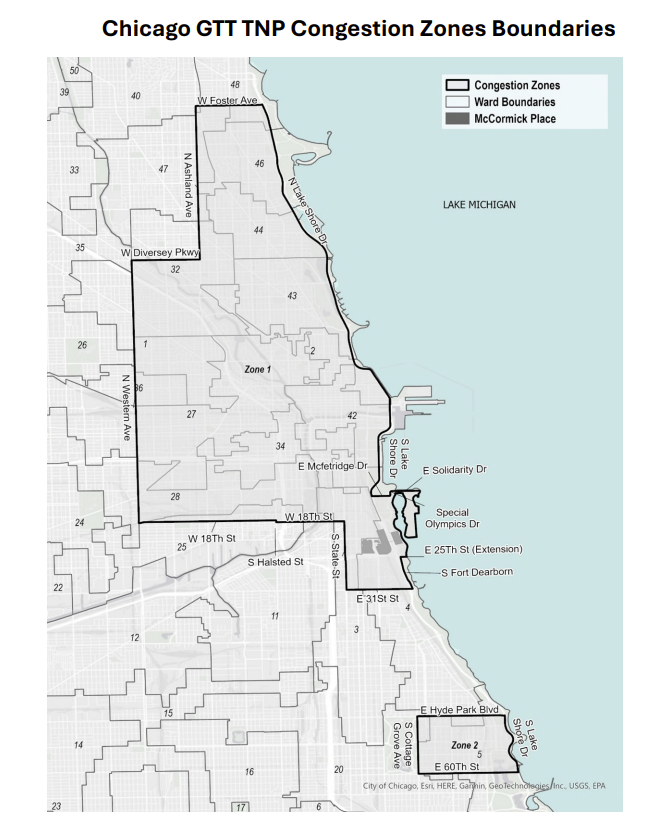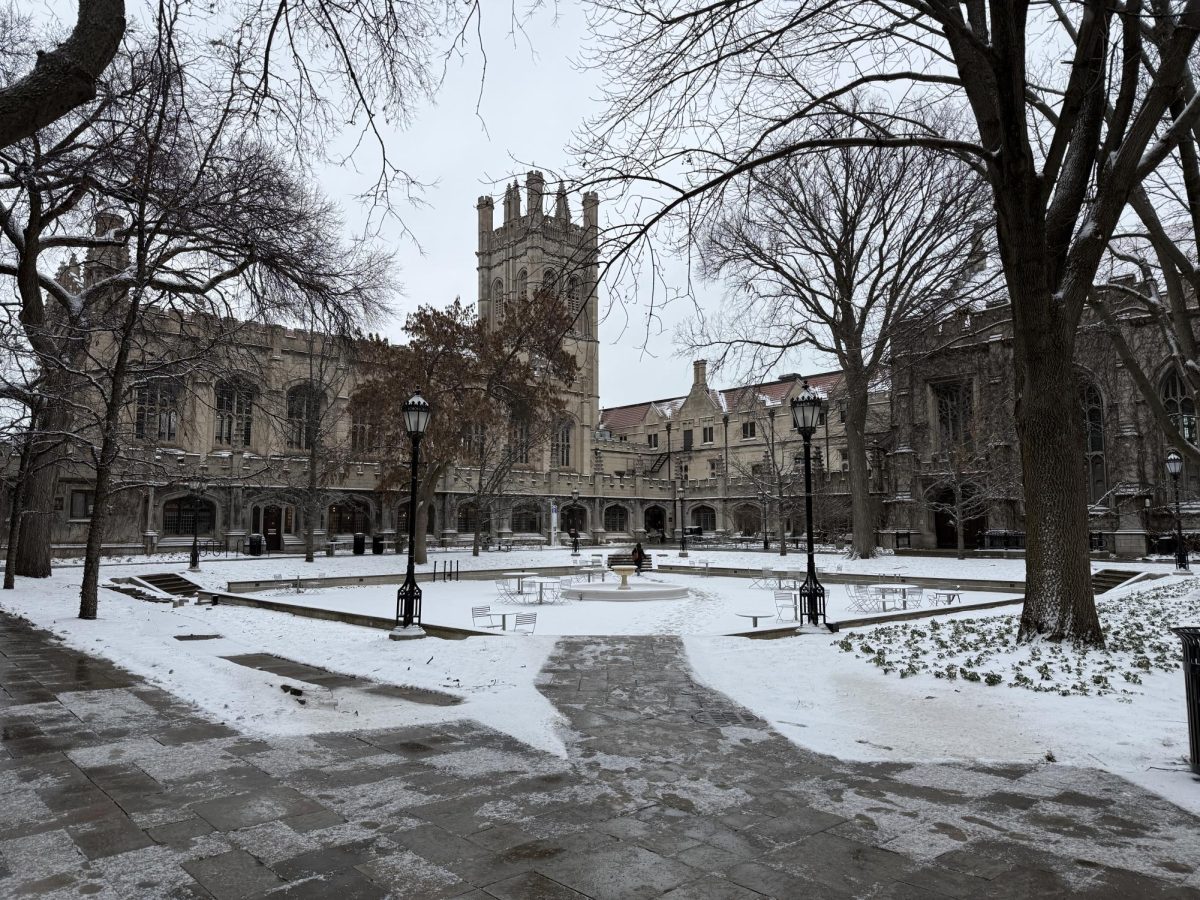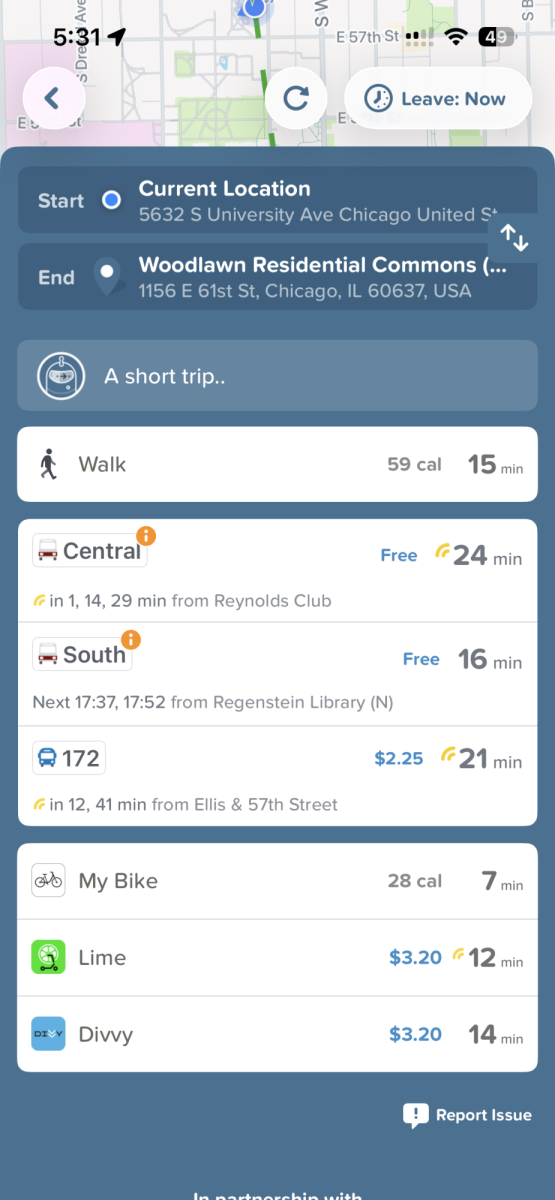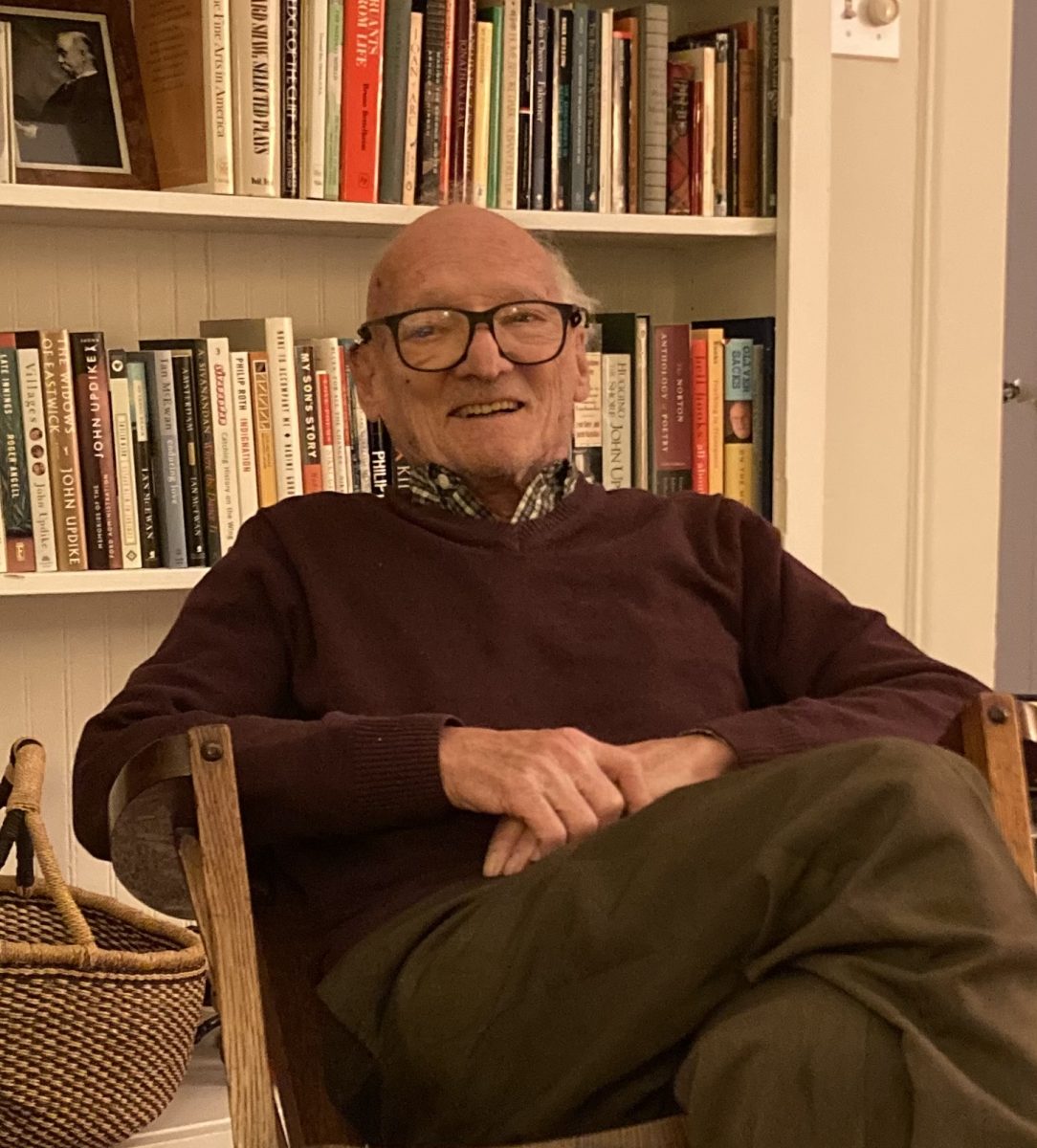Aspiring teachers and concerned students gathered last Saturday in the Reynolds Club South Lounge to discuss the marks of good and bad education with local Chicago Public School grade schoolers. The University of Chicago Community Service Center (UCSC) sponsored program “The Best Teacher I Ever Had” allows University of Chicago volunteers to hear about the Chicago education system firsthand from a kid’s perspective.
The event was designed for University students interested in education. “This is to help folks who want to be teachers be better teachers,” said Pam Bozeman, recently appointed director of UCSC and organizer of the event.
University students were paired with kids and asked to come up with words that describe a “good” teacher and a “bad” teacher. The pairs wrote the words down on construction paper, cut them out, and pasted them on two banners with marker-drawn stick figures of the good and bad teachers. Afterwards, the student pairs went off by themselves to ask questions and develop an ideal curriculum.
Bozeman also has designs for fostering better relations with the Hyde Park community. A former South Shore resident, Bozeman has memories of a very cloistered University of Chicago 20 years ago. According to her, the University shares the burden with Hyde Park residents to improve the community. “We’re not simply researchers, but community members,” Bozeman said.
University students were particularly concerned about the divide in education standards in different communities. “ I tutored a fourth-grader my first year, and I was surprised at the disparities,” said Yuh Wen Ling, a third-year history concentrator. “Growing up I had really good teachers.”
Among the problems cited were teachers not showing up, or not assigning homework. Becky Noack, a third-year in psychology who works as a tutor with Washington Park Schools, was frustrated with teachers and administrators who teach for standardized testing instead of critical thinking. “Teachers are not as well trained as they could be,” she said.
Many students were considering working in inner city schools after graduation. “I’m thinking about teaching for Teach for America,” Noack said.
Parents of the children involved routinely expressed their children’s enthusiasm to participate. “Walter was so excited about coming. He bugged me all week,” said Christine Brown, his mother.
Parents applauded the program as evidence of a shift in thinking about education. They remember a stricter, more didactic education in their youths. “Growing up, you didn’t have any feedback. You had to do what the teacher said,” said Jerry Reynolds, father of three. “Mrs. Thompson used to chase us around with rulers.”
Meanwhile, kids taped words up on the posters. “No homework on Fridays and on field trip days” and “creative” was placed on the good side. “Scary,” “selfish,” and “annoying” went up on the bad.
Afterwards, the group split up into one-on-one sessions with University students. Grade-school kids were asked questions about their academic pursuits.
“I’m really interested in math,” said Alexander Peace, “I had a kindergarten teacher who taught us the times tables.”
Walter Brown was discussing his ambitions to be a doctor. When asked what he had to do to be a doctor, Walter paused. “I got to be quiet, listen, concentrate, and know how to do stuff,” he said.
The group reconvened at noon over pizza to present their curriculum to the group and talk about new obstacles in teaching and curriculum. Bozeman asked the parents what their greatest fear was in their chidren’s education. According to Christine Brown, standardized testing was a major concern.
After a round of parents’ anxious remarks over meeting the standards of public education, Kevin Curran, a third-year in Law, Letters and Society, criticized misuse of such testing for setting education standards. He said that the test should not be used as a gauge of intelligence. “They say on the front of the exam ‘not for promotional use,'” Curran said.
Bozeman concluded the gathering with a critique of a curriculum that does not cater to the most needed abilities. “All curriculum is designed for the middle ground,” she said, “We need to deal with the extremes [both struggling and gifted students].”
A volunteer information session is planned for Monday, November 12 at 6 p.m. in Reynolds Club 019 for students interested in community outreach.







